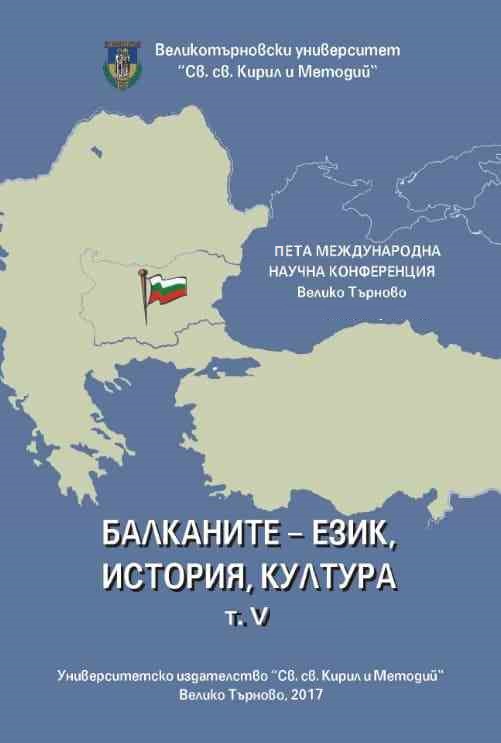Устойчивото развитие – ключов аспект на географското образование
Sustainable Development: А Key Aspect of Geography Education
Author(s): Maya Vasileva, Desislava Poleganova, Georgi KotsevSubject(s): Social Sciences, Education, Geography, Regional studies, Applied Geography, Sociology, School education, Human Ecology, Globalization
Published by: Великотърновски университет „Св. св. Кирил и Методий”
Keywords: geography education; sustainable development; global study; education for sustainable development
Summary/Abstract: The problems and challenges which contemporary world faces set the leading idea of “sustainable development” as key aspect of geographical education. In the paper is used the well-known definition for sustainable development – development that meets the needs of the present without compromising the ability of future generations to meet their own needs. As a result of these tendencies, in geography didactics can be pointed out three very important concepts – environmental education, global learning and education for sustainable development. The concept “environmental education” is still quite disputable and in theoretical debates the key question is how it interacts with the term “education for sustainable development”. The authors of the paper share the opinion that according to contemporary conditions the “ecological education” should be the main step in the process of improvement of “education for sustainable development”. One of the current trends within “environmental education” is the establishment of successful environmental behavior which is influenced by variety of factors: systematic knowledge, the impact of social norms, confidence in control and etc. The concept “global study” is often defined as a “pedagogical reaction” to the conditions in which the global society evolves. The “global study” is commonly accepted as an open process of life-long learning which takes into consideration every aspect of sustainable development. Of course, the central place here is dedicated to the space and its different scales. Also the challenges the “global study” concept faces taking into account its increasing complexity that could raise certain problems in the educational process. The “education for sustainable development” is a large-scale and ambitious task of contemporary education. The main aim of such education is to develop, deepen, constantly update and implement competences which the individuals achieve in their dynamic environmentally friendly, oriented to economic vitality and social justice activity. What are the main consequences for the geographic education practice? Firstly, geographic education will be focused on global and essential for the future world development topics, interrelating ecological, social, economic and political aspects. Secondly, crucial role in implementation of the educational process will be played by pupils. This will lead to fact that pupils’ motivation and own will to be the most important preconditions for acquiring and improving different competences. Thirdly, the starting point will be always the authentic problematic situation which pupils should recognize, then analyze and evaluate and afterwards take decisions, plan and do the particular activities.
Journal: Балканите – език, история, култура
- Issue Year: 5/2017
- Issue No: 1
- Page Range: 466-475
- Page Count: 10
- Language: English, Bulgarian

